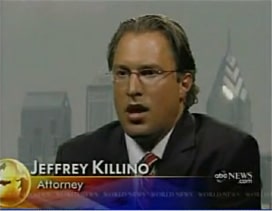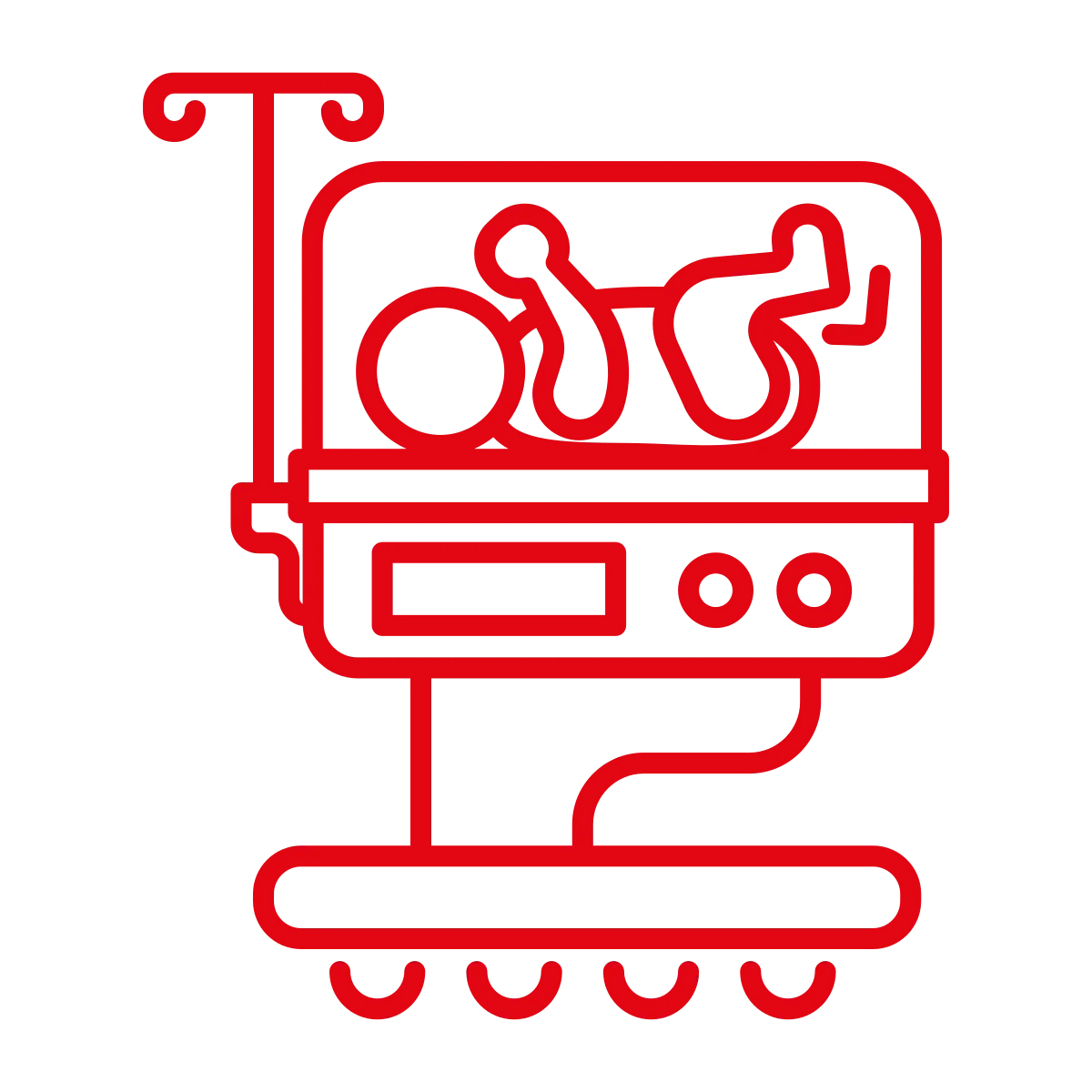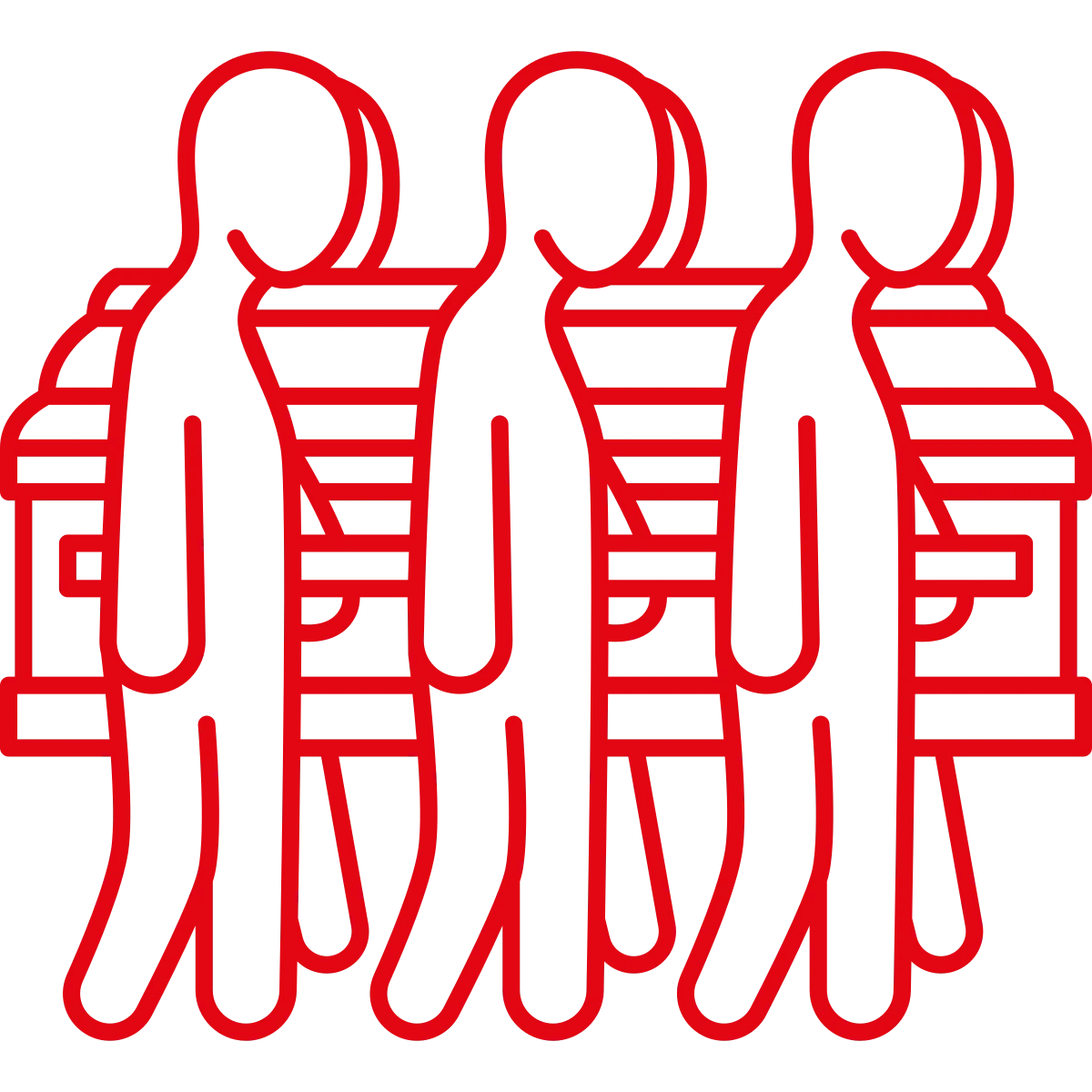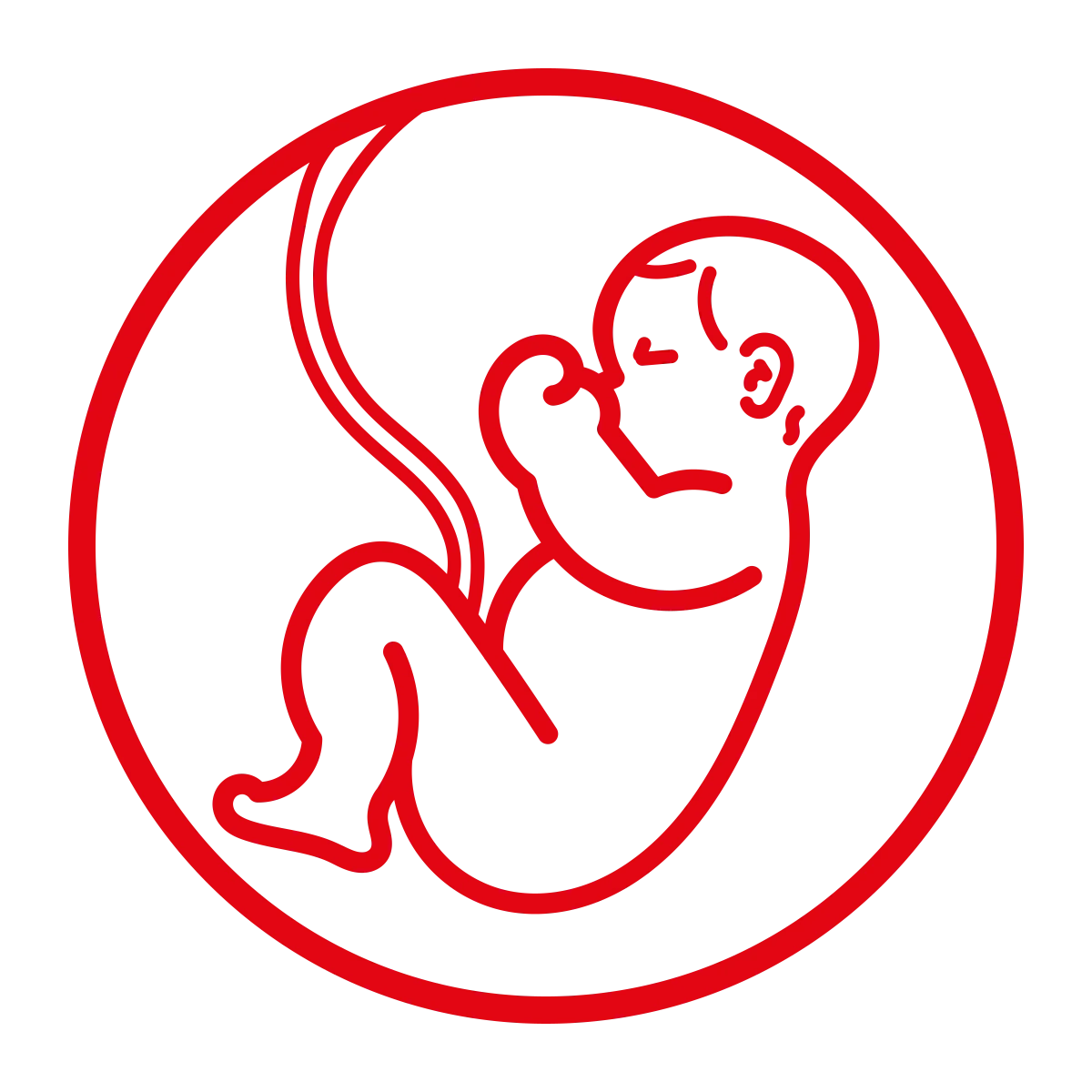GM’s ignition-switch defect has resulted in the recall of over 26,000,000 vehicles, and it seems that Chrysler may be facing the prospect of similar troubles. In August 2014, approximately 18,000 Chrysler-made Volkswagens were recalled for a defect that may be identical to the one that led to the legendary GM recalls. Now, in mid-October 2014, the National Highway Traffic Safety Administration (NHTSA) announced the recall of nearly 292,000 Chryslers (including certain Chrysler 300’s, Dodge Magnums, Dodge Chargers, Jeep Commanders, and Jeep Grand Cherokees, all from model year 2008) for the same, or very similar, defect.
The defect in the most recently recalled vehicles was described by NHTSA as follows: 1) The ignition key in an affected vehicle may not return to the “ON” position after it has been rotated to the “START” position, causing it to remain stuck between the two positions. If a vehicle’s ignition remains stuck between these two positions, the vehicle can lose certain electrical functions. 2) The ignition key may also move through the “RUN” position into either the “ACCESSORY” or “OFF” position, shutting off the engine and causing a loss of power to certain safety systems, including, but not limited to, airbags, power steering, and power brakes. This loss of power may not only increase the risk of a crash but also the risk of injury in the event of a crash.
The second issue is the one that most closely resembles the troubles experienced with the ignition switches in the GM vehicles and in the Chrysler-made vehicles subject to the earlier recall, as all have been reported to increase the risk of a crash as well as of injuries sustained in a crash, due to a loss of electrical power while a vehicle is being driven. Chrysler has not yet determined a remedy for this defect and has not even developed a schedule for notifying owners. Owners may be able to acquire additional information about the recall, which is designated as Recall P57, by contacting Chrysler customer service at 1-800-853-1403 or the NHTSA hotline at 1-800-853-1403. The website at www.safercar.gov may provide additional information, as well.
 Defects such as these have the potential to cause serious personal injury or death to anyone driving or riding in an affected vehicle. Who may be held legally responsible for these injuries and deaths? Will a consumer be considered at fault for the consumer’s own injury or death if the consumer continued to drive a vehicle that has been recalled but for which no defect remedy has been provided? Defective products or product liability lawyers can provide you with the answers to these questions and more. The Killino Firm’s team of car accident and defective products lawyers has a great deal of experience with all types of vehicle accident cases, including those arising out of injuries and deaths caused by vehicle defects. If you have been injured or one of your family members has been killed and you suspect the accident or resulting injury or death was due to a vehicle defect, The Killino Firm can help you obtain the compensation to which you and your family are entitled.
Defects such as these have the potential to cause serious personal injury or death to anyone driving or riding in an affected vehicle. Who may be held legally responsible for these injuries and deaths? Will a consumer be considered at fault for the consumer’s own injury or death if the consumer continued to drive a vehicle that has been recalled but for which no defect remedy has been provided? Defective products or product liability lawyers can provide you with the answers to these questions and more. The Killino Firm’s team of car accident and defective products lawyers has a great deal of experience with all types of vehicle accident cases, including those arising out of injuries and deaths caused by vehicle defects. If you have been injured or one of your family members has been killed and you suspect the accident or resulting injury or death was due to a vehicle defect, The Killino Firm can help you obtain the compensation to which you and your family are entitled.
Who Can Be Held Legally Responsible for Injuries and Deaths Caused by Motor Vehicle Defects?
Certain parties involved in the production and distribution of cars and other motor vehicles may be held liable for injuries or deaths caused to accident victims as a result of a defect in the vehicle driven by or ridden in by the victim. The manufacturer, designer, and others in the distribution “line” that extends from the manufacturer to the buyer may be held strictly liable (i.e. liable without the existence or proof of negligence) for an accident victim’s injury or death through the institution of a product liability action against these defendants, though the retailer of a motor vehicle may be relieved of strict liability for injuries caused by defects of which the seller had no knowledge.
Because strict liability is imposed regardless of the behavior or fault of defendants, the victim’s own negligence may not be used to defeat the defendants’ liability. Evidence of a traffic accident victim’s own conduct may usually be considered only in very limited circumstances, such as when the victim voluntarily “assumed the risk” of injury by unreasonably using a defective vehicle in conscious disregard of the risks.
Though defendants may argue that a victim’s decision to drive a recalled vehicle constitutes an assumption of risk, this argument may be unsuccessful. Courts have generally found defendants’ assumption-of-risk defenses invalid when the defendants failed to establish that a victim’s continued use of a recalled product was unreasonable. Thus, if a plaintiff can establish that the victim’s continued use of a recalled car was not unreasonable under the circumstances, the assumption-of-risk defense may be defeated. The victim’s reasonable use might be established, for example, by showing that the victim needed a car to get to or perform a job, the victim had no other vehicle, the dealer did not provide free loaner vehicles, and the victim could not afford to pay for alternative transportation.
Plaintiffs may also be able to defeat an assumption-of-risk defense by showing that the victim did not fully appreciate the risks associated with the particular vehicle defect and, thus, did not voluntarily assume the risk of the vehicle’s continued use. This might be established through a recall letter that only vaguely describes the risks posed by a particular defect.
Obtain Expert Assistance from The Killino Firm, P.C.
The Killino Firm’s team of personal injury, wrongful death, and defective products lawyers is dedicated to holding those responsible for the production of defective motor vehicles liable for the injuries and deaths they have caused. If you have been injured or one of your family members has been killed in a car or other motor vehicle accident as a result of a defective vehicle, contact The Killino Firm for aggressive and expert assistance with your case.







